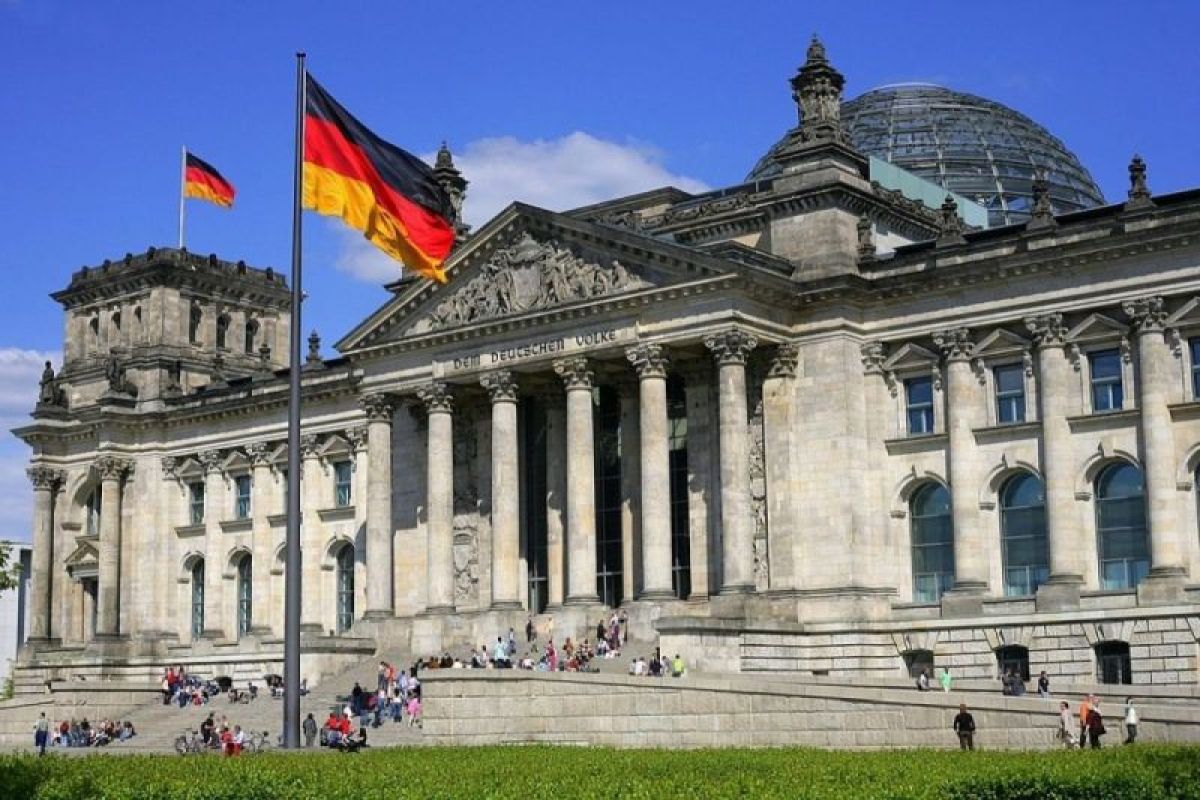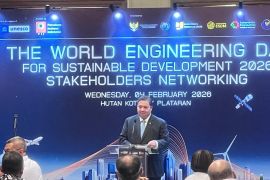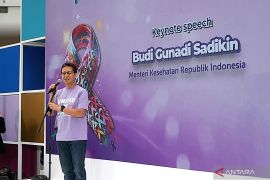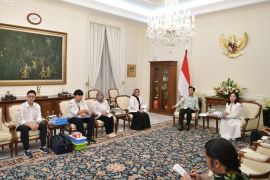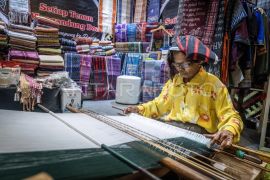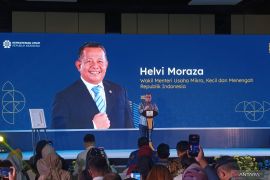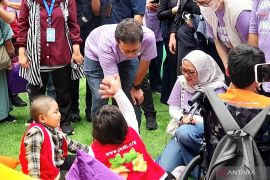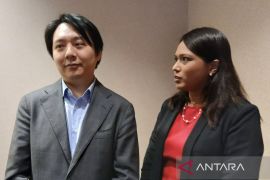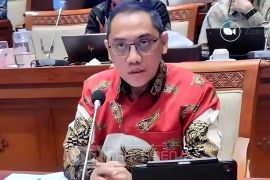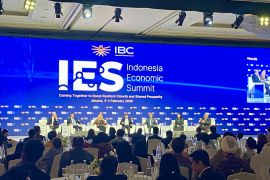Germany has committed €56 million in grants, which will support key technical and financial cooperation projects in Indonesia, reinforcing the long-standing partnership between the two countries, according to a press statement released by the Embassy of the Federal Republic of Germany in Jakarta on Friday.
The latest pledge raises Germany's contribution to Indonesia's development to a total of €431 million.
Its commitments made earlier this year include a €300 million concessional loan for Indonesia's energy transition and €75 million for health initiatives through the Global Fund to Fight AIDS, Tuberculosis and Malaria (GF-ATM).
According to the statement, at the heart of the cooperation are critical areas that align with Indonesia’s development priorities and Germany’s expertise.
Germany also supports Indonesia’s energy transition and is a key partner in it, particularly through the landmark Just Energy Transition Partnership (JETP).
Launched at the G20 Leaders’ Summit in Bali, the initiative has been instrumental in helping Indonesia move away from fossil fuels and embracing renewable energy sources, ensuring a more sustainable and equitable energy future, the statement said.
Fresh funding of €12 million for two technical cooperation projects will bolster support for Indonesia’s shift to clean energy, enhancing capacity building and supporting the integration of renewable energy solutions across the country.
The embassy said that Germany has pledged €20 million in results-based payments linked to the Forest and Other Land Use (FOLU) Net Sink 2030 target.
Additionally, it is contributing to a project on sustainable landscapes in West Kalimantan.
Germany will also unlock a €60-million grant from the Green Climate Fund (GCF), which aims to promote sustainable land use practices, enhance biodiversity, and improve the livelihoods of local communities.
It has committed another €7.8 million to extend the long-standing technical cooperation in the protection and sustainable use of climate-relevant carbon-rich forests, peatlands, and mangrove areas.
These strong commitments underscore Germany’s dedication to supporting the efforts of the Indonesian government to balance economic development with environmental conservation.
According to the statement, Indonesia and Germany will also extend their partnership in addressing the challenges of sustainable urban development in the archipelago, focusing on circular economy and urban mobility.
New funding of €8.85 million will help Indonesia advance on its path toward a circular economy.
Another €3 million will be used to promote the development of public transportation by supporting strategic institutional reforms and comprehensive capacity-building initiatives.
The project aims to help selected cities in Indonesia create public transportation services that make urban spaces more efficient, resilient, and climate-friendly.
Indonesia and Germany have agreed to team up to increase Indonesia's tax revenue through the employment of digital tools, with an allocation of €0.75 million.
The renewed partnership between Indonesia and Germany would not only strengthen bilateral relations, but also serve as a model for international cooperation in addressing global challenges.
Government-to-government (G2G) negotiations on development cooperation between Indonesia and Germany have been under way since 1971.
Through the routine negotiations, the Ministry of National Development Planning (Bappenas) and the German Federal Ministry for Economic Cooperation and Development (BMZ) have been discussing and consolidating their vision for the future of joint development cooperation.
Related news: Indonesia, Germany partner on industrial vocational training
Related news: Indonesia's 11 universities explore new collaboration with Germany
Reporter: Asri Mayang Sari
Editor: Azis Kurmala
Copyright © ANTARA 2024
